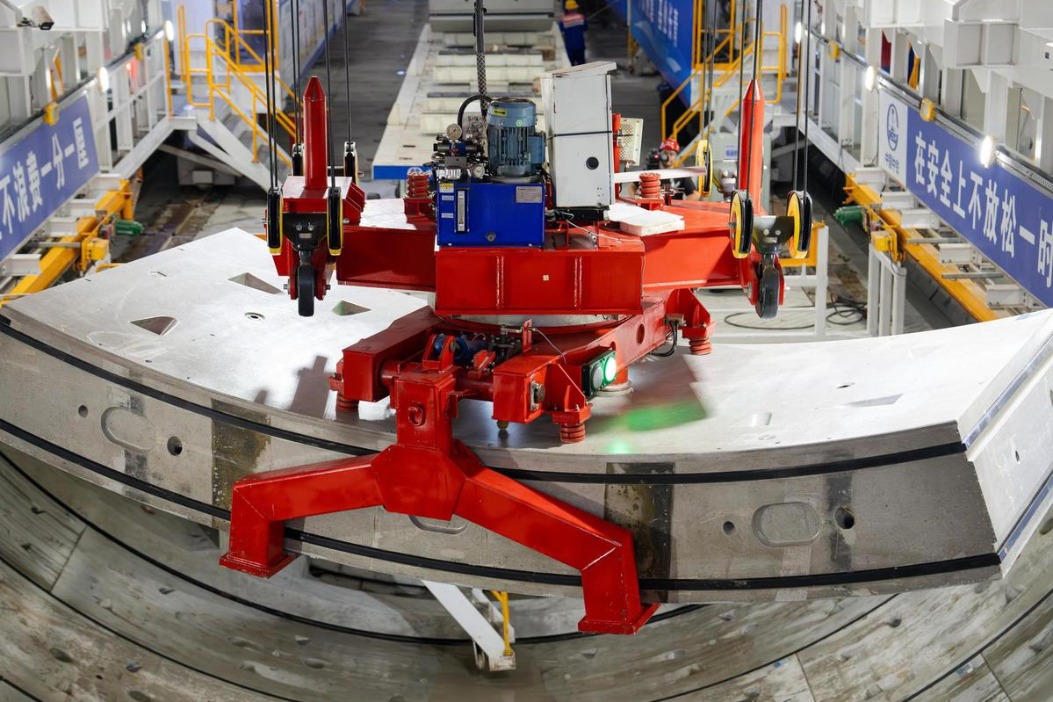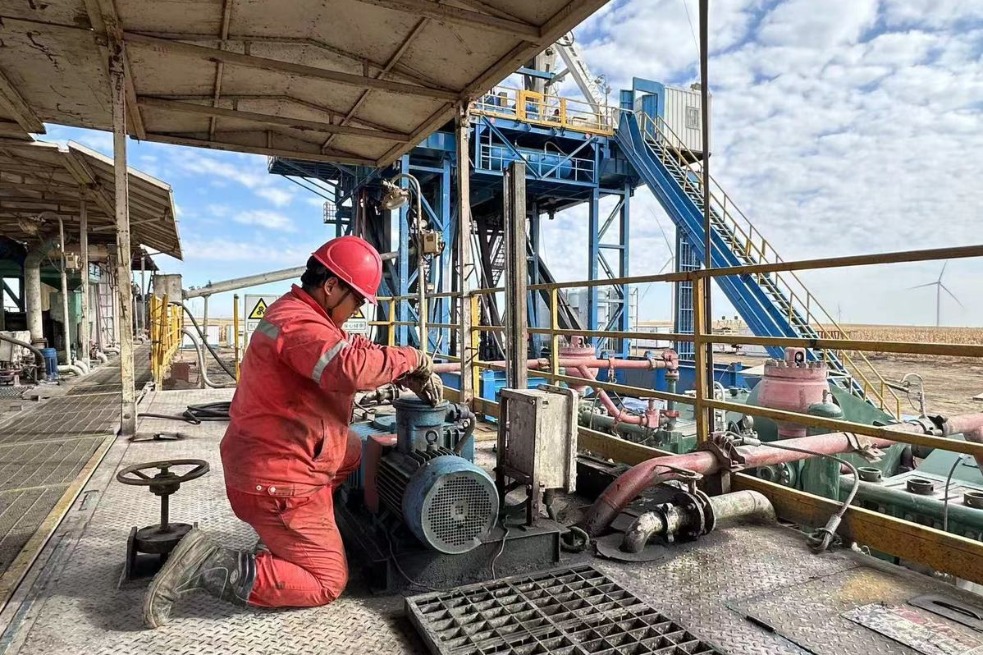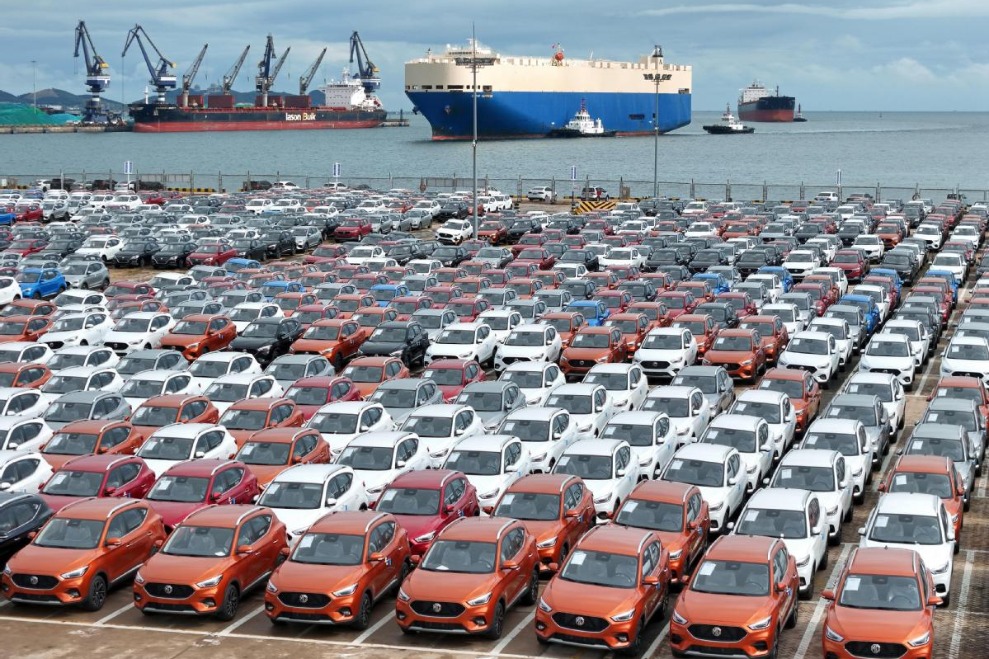Chinese firms, UN boost aid work


Chinese companies are playing a pivotal role in enhancing the humanitarian assistance efforts of the UNHCR — the UN refugee agency — empowering it to expand its reach and impact in addressing the needs of displaced populations worldwide.
"We are encouraged by the commitment shown by Chinese private sector partners, including the Xiaomi Foundation, the Tencent Charity Foundation and Infinity Design and Engineering, to aid our emergency response efforts in recent years," said Raouf Mazou, the UNHCR's assistant high commissioner for operations.
The private sector is an increasingly important partner for the UNHCR, Mazou said, as private players not only provide funding, but also have expertise in various sectors.
Mazou said: "The Chinese private sector, as investors, producers and innovators, can show leadership — not just in business — but by sharing technological expertise and innovative solutions to support humanitarian needs. We look forward to working with Chinese leaders, companies and individuals to bring affordable solutions in energy, healthcare and education to displaced people and their hosting communities."
Transsion Holdings was the UNHCR's first Chinese corporate partner and has been instrumental in supporting education programs, ranging from primary to higher education. Notably, Transsion recently hired four refugee graduates as interns in their branch in Kenya, becoming the first Chinese corporate to provide internships to refugees.
Similarly, LONGi, a major solar technology company, joined hands with the UNHCR last year to address climate change, energy equity and green transformation. The partnership entails converting the UNHCR's emergency stockpiles into solarized facilities, starting with a pilot project in Uzbekistan.
LONGi also offered solar systems and solutions to support local public facilities used by refugees and host communities, and provided training for people who use them.
"We can say that refugees are on the front lines of the climate emergency. And in response, the UNHCR is bolstering its commitment to climate resilience and environmental sustainability. China's abundant resources, innovative technology and extensive global relationships could make significant contributions to our work. We look forward to more fruitful collaborations with the Chinese authorities and companies in addressing challenges linked to displacement arising from climate change," Mazou said.
Mazou just concluded a trip to China during which he met with ministry officials and the China International Development Cooperation Agency for more support. Last year, the UNHCR responded to emergencies in 29 countries.
"I heard a strong commitment when I spoke to Chinese companies about their interest to expand the partnerships with us across the globe. We hope that more of that support will arise and come to fruition. The tasks ahead to help address the ever-increasing needs brought about by the global displacement crisis are immense, and we need partners from China," he said.
It will be a win-win cooperation, Mazou said, adding that the private sector brings innovation, technical expertise and employment opportunities, facilitating the creation of sustainable solutions for displaced populations. "Additionally, by involving the private sector, UNHCR can promote livelihoods, training and skills development, enabling refugees to contribute to a dignified future."
Chinese companies have shown increasing interest in increasing their ethical and sustainability practices in recent years. Estimates from the China Sustainable Investment Forum showed that the size of China's market for environmental, social and governance (ESG) in 2022 was 24.6 trillion yuan ($3.4 trillion), up from 18.4 trillion yuan in 2021. The China SIF said the market is currently at an early stage, compared to the world's $121 trillion investments in ESG, but it is on a fast track of development.
In April, the People's Bank of China, together with six other ministry-level departments, released a guideline to encourage credit rating agencies to establish rating systems for green financial products.




































